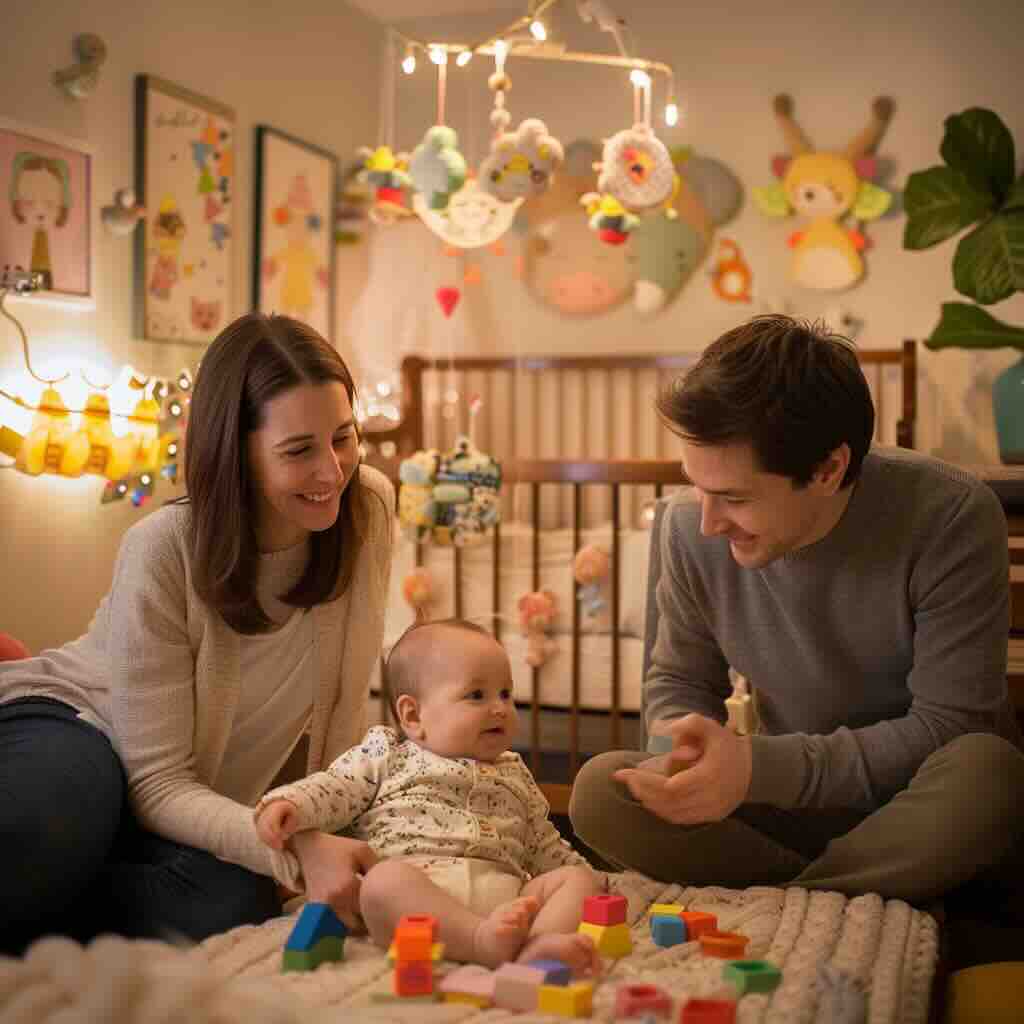As parents, we often wonder what our little bundles of joy will grow up to be like. Will they be outgoing or shy? Adventurous or cautious? While it’s impossible to predict every detail, there are certain signs and behaviors in infancy that can give us clues about our baby’s future personality. Here are ten ways to get a glimpse into your baby’s developing character.
1. Observe Their Reaction to New Stimuli
From birth, babies react differently to new stimuli. Some babies are curious and eager to explore, while others are more reserved. If your baby is excited and reaches out to touch new objects or people, they might grow up to be adventurous and sociable. On the other hand, if they are hesitant or need more time to warm up, they might be more cautious and introverted.
2. Note Their Sleeping Patterns
A baby’s sleeping habits can provide insights into their temperament. Babies who have regular sleeping patterns and easily adapt to changes may grow up to be more adaptable and easy-going. Conversely, those who have irregular sleeping patterns or are more sensitive to disruptions might be more sensitive and need stability.
3. Watch Their Interactions with Others
How your baby interacts with you and others can be a strong indicator of their social personality. Babies who enjoy being held, make eye contact, and smile frequently are likely to be more extroverted. Those who prefer solitary play and are more content on their own might lean towards introversion.
4. Pay Attention to Their Emotional Reactions
Emotional responses can tell a lot about a child’s future emotional intelligence. Babies who show a wide range of emotions and express them freely might develop into emotionally intelligent individuals. If your baby is generally calm and less reactive, they might grow up to be more even-tempered and resilient.
5. Observe Their Attention Span
The length of time a baby can focus on a single activity can indicate future concentration levels. Babies who can focus on toys or activities for extended periods may develop strong concentration skills and a keen interest in specific subjects. Those with shorter attention spans might be more energetic and constantly in search of new stimuli.
6. Monitor Their Physical Activity Levels
Babies who are always on the move, crawling, or trying to walk, may grow up to be physically active and enjoy sports and outdoor activities. Conversely, babies who are more content sitting and playing quietly might develop interests in activities that require less physical exertion.
7. Notice Their Response to Stress
How a baby handles stress can hint at their future coping mechanisms. Babies who remain calm or quickly soothe themselves when faced with minor stresses may develop strong coping skills. Those who get easily upset and take longer to calm down might need more support in managing stress as they grow.
8. Evaluate Their Problem-Solving Skills
Watch how your baby interacts with new challenges, like figuring out how to reach a toy or solve a simple puzzle. Babies who persistently try different methods until they succeed may grow up to be determined and resourceful. Those who get easily frustrated and give up might need more encouragement to develop problem-solving skills.
9. Assess Their Sensory Preferences
Some babies have strong preferences for certain textures, sounds, or tastes. Those who are sensitive to sensory input might be more detail-oriented and creative, while those who are less affected might be more adaptable to different environments and experiences.
10. Observe Their Communication Style
Even before they can talk, babies communicate in various ways. Those who babble a lot, make varied sounds, and use expressive gestures may develop strong communication skills and enjoy social interactions. Babies who are quieter and use fewer gestures might be more reserved but could develop other forms of communication, like writing or art.
Conclusion
While these observations can provide clues about your baby’s future personality, it’s important to remember that personality development is a complex interplay of genetics, environment, and experiences. Encourage your child’s growth by providing a loving and supportive environment that caters to their unique needs and preferences. Enjoy the journey of discovering who your little one will become!